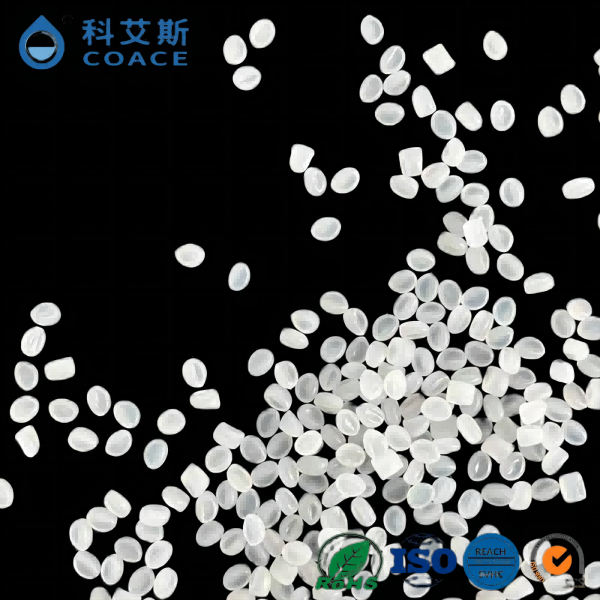In contemporary industrial applications, alloy compatibility toughening agents represent a fundamentally significant class of materials. These substances are primarily made to be added to metallic alloys in order to increase their toughness, durability, and resistance to corrosion and wear and tear.
Alloy-Compatible Toughening Agent Properties
Alloy-compatible toughening agents are renowned for their own set of characteristics in the field of industrial materials. These characteristics interact with metals in a way that can considerably improve their toughness, durability, and mechanical performance. These agents’ most frequent characteristics are as follows:
– High tensile strength: Toughening compounds can significantly boost an alloy’s tensile strength, which makes them more suited for use in a variety of industrial applications.
– Resistance to wear and tear: Because these substances are so resistant to wear and tear, alloys can last for a long period even in difficult situations without losing their structural integrity.
– Corrosion resistance: Toughening compounds provide good corrosion resistance as well, shielding the alloy from harm caused by contact with corrosive chemicals, water, and other elements.

Benefits of Toughening Agent Use
Utilising toughening compounds that are compatible with alloys has many benefits. Manufacturers can significantly enhance the qualities of the goods they make by adding these agents to alloys. Better resilience, greater performance, and more reliable outcomes are the effects of this. The following are the main benefits of utilising these agents:
– Improved mechanical performance: Toughening agents contribute to alloys’ improved mechanical performance, making them better suited for uses where strength and durability are crucial.
– Increased wear resistance: These substances increase the durability of alloys, extending their useful lives and lowering the frequency of maintenance and repairs.
– Increased corrosion resistance: Toughening compounds can considerably increase an alloy’s ability to withstand corrosion, preventing it from being harmed by contact with chemicals or other corrosive materials.
Applications for Toughening Agents Compatible with Alloys
Toughening chemicals are frequently used in a variety of sectors to increase the performance and durability of a variety of metallic products. The following are the main uses for these agents:
– Aerospace industry: These substances are frequently utilised in this sector of the economy to enhance the performance and longevity of various aircraft components.
Toughening agents are also frequently employed in the automobile sector, where they are utilised to improve the performance and longevity of numerous automotive components.
-Oil and gas sector: These substances are applied to pipes, pumps, and valves in the oil and gas industry to increase their tensile strength and longevity.
– Construction industry: Toughening agents are used to increase the mechanical performance and tensile strength of various structural components in the construction sector.

Specific Usage Details
When it comes to using toughening agents in industrial applications, there are several important usage details to keep in mind. For starters, it’s essential to ensure that the proper concentration of these agents is used in the alloy. This can vary depending on the specific application and the desired performance characteristics.
It’s also important to ensure that the mixture is properly prepared, and that all materials are thoroughly mixed and evenly dispersed. This helps to ensure that the alloy is properly reinforced with the toughening agent.
Finally, it’s important to ensure that the final product is subjected to rigorous testing before use in any industrial application. This can help to identify any potential issues or weaknesses in the product, and ensure that it is suitable for use in the intended application.
Conclusione
Toughening agents that are compatible with alloys are a crucial part of contemporary industrial materials. These substances provide a variety of distinct benefits and qualities, such as improved mechanical performance, enhanced wear resistance, and increased corrosion resistance. They can considerably improve the performance and longevity of a wide range of metallic products in numerous sectors when utilised properly. Manufacturers may make sure that the toughening a product is effective by carefully preparing the mixture and extensively testing the finished product.











